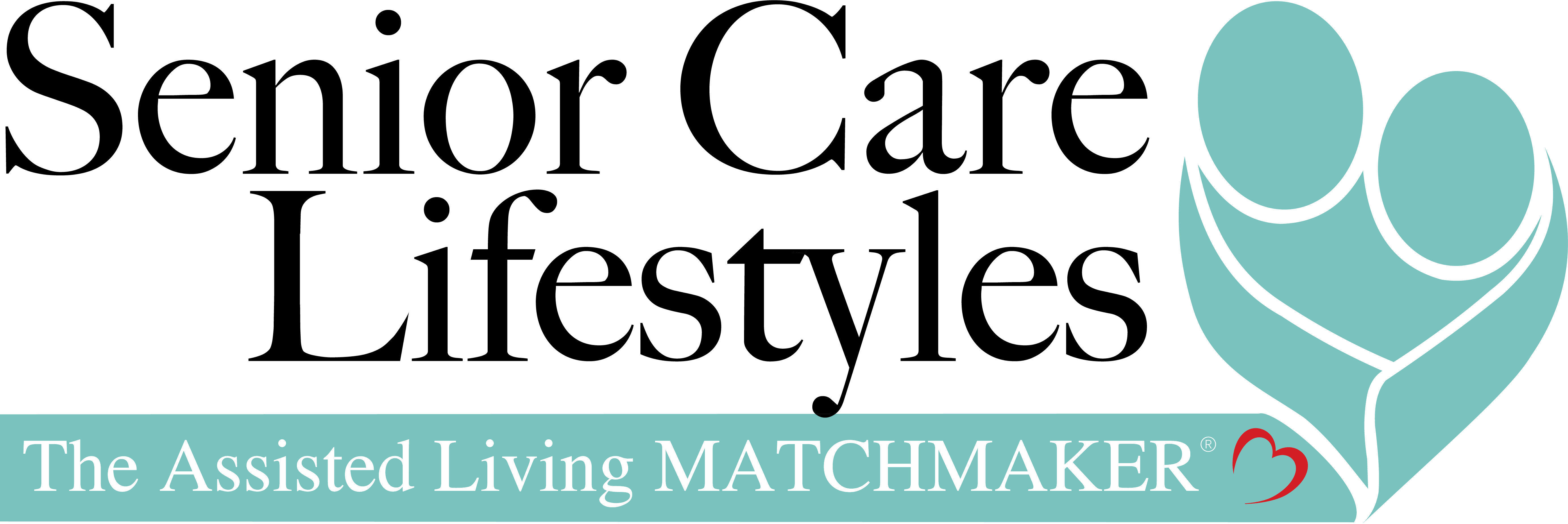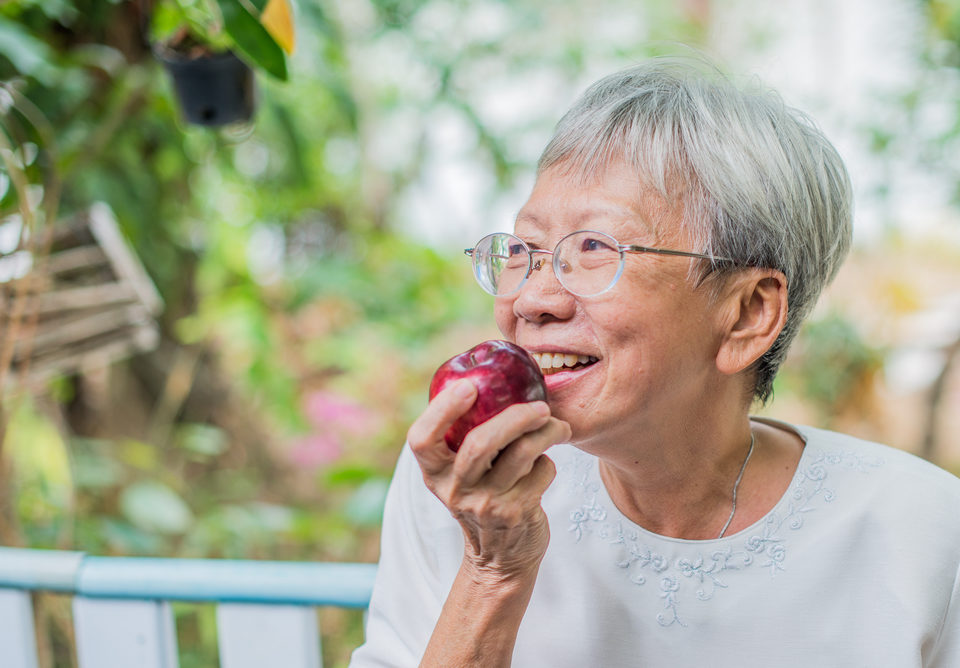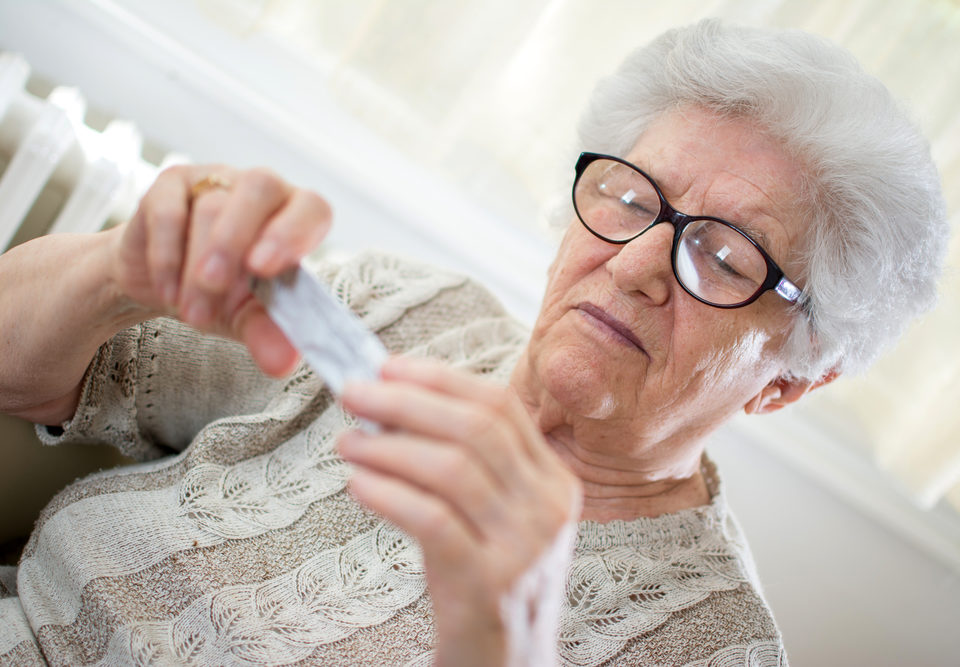- Serving, Baltimore, Harford, Howard, Anne Arundel and other surrounding counties.
- 410-977-3718
The Rise of Elder Suicide

While elder suicides might not get as much attention as suicide in other demographics, adults 85 and older have the highest rate of suicide among adults. Seniors often become a forgotten demographic, especially since many elders grew up in a time where mental health topics were taboo. One thing is clear—caregivers, family members and friends need to be aware of the suicide epidemic currently taking place in adults 65 and over.
The Problem of Suicide in Older Adults
Older people today came of age when mental health services were much less advanced. In fact, lobotomies were seen as a legitimate mental health treatment until the mid-1950s. Growing up with such primitive therapies leaves many older adults fearful of discussing mental health issues and leads to increased stigma. As studies have indicated, a higher degree of stigma negatively affects an adult’s likelihood to follow antidepressant medication and treatment regimens. Many elder suicides are also never reported.
Currently, professionals in the field believe that up to 40% of suspicious deaths among elders are “silent suicides” that occur as a result of starvation, dehydration, overdose or other “accidents.” Another underlying issue behind silent suicides is a lack of quality palliative care for elders with chronic pain. Increasing life expectancies do not mean fewer pain-free years. Instead, a longer life has become synonymous with more years of suffering.
Depression in Elders
In cases where older adults leave behind a suicide note, the most commonly mentioned conditions include chronic pain from cancer, arthritis and other diseases. Other concerns include the impact of cognitive or functional decline, a loss of independence, concern over being put into a nursing home or worsening depression. The combination of many elements often makes older adults feel like suicide is the only solution for feelings.
Help Prevent Senior Suicide
- Don’t be afraid to ask if a senior is having suicidal thoughts. Many people don’t know how to broach the topic but will open up if asked.
- If a senior does tell you that he or she is feeling suicidal, do not act shocked and upset. This can increase stigma and shut the conversation down.
- Don’t try to approach depression and suicide as a morality or spiritual issue. Instead, listen openly to how the senior is feeling.
- Take action to remove access to firearms, extra medication and any other things the elder might use to commit suicide.
- Never leave someone who is actively suicidal alone.
You’re Never Alone with Senior Care Lifestyles
At Senior Care Lifestyles, we specialize in facilitating the connection between seniors and the right in-home care, assisted living and senior living communities. We have assisted hundreds of families with finding effective and affordable solutions for loved ones. Get in touch today by calling 410-977-3718!




